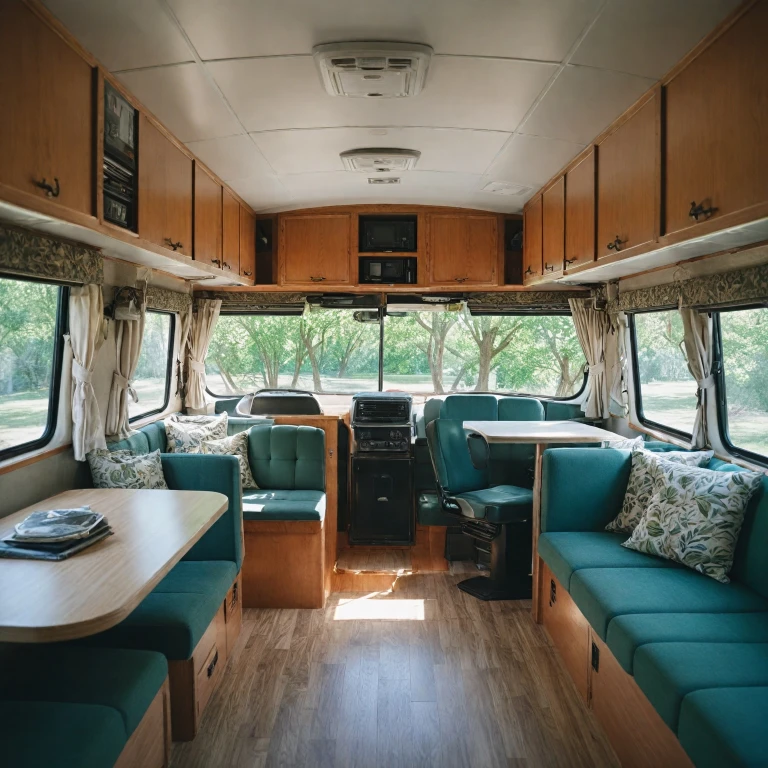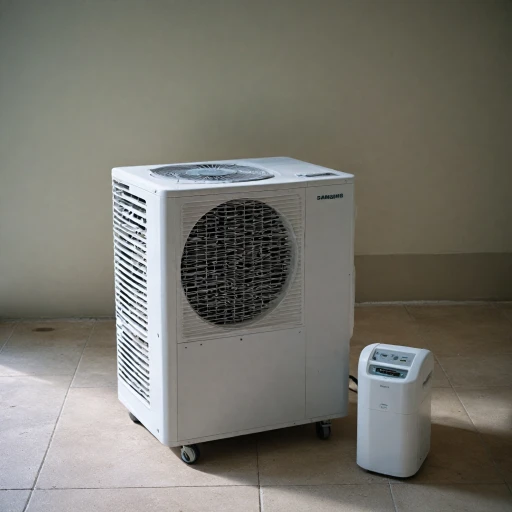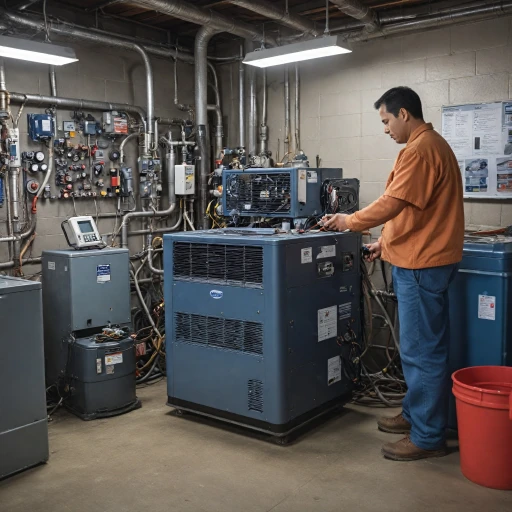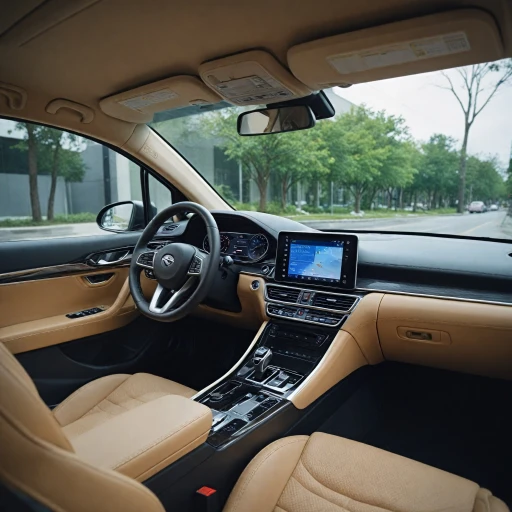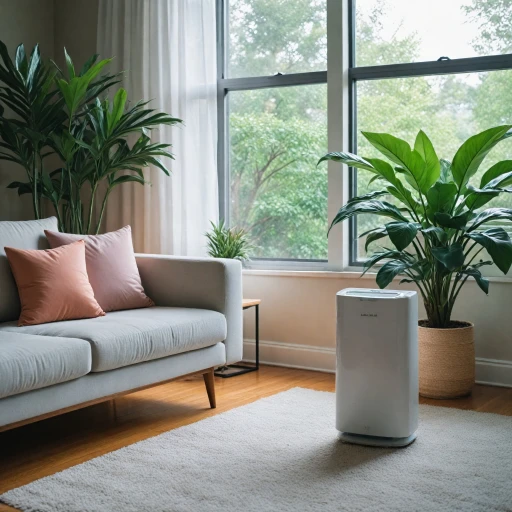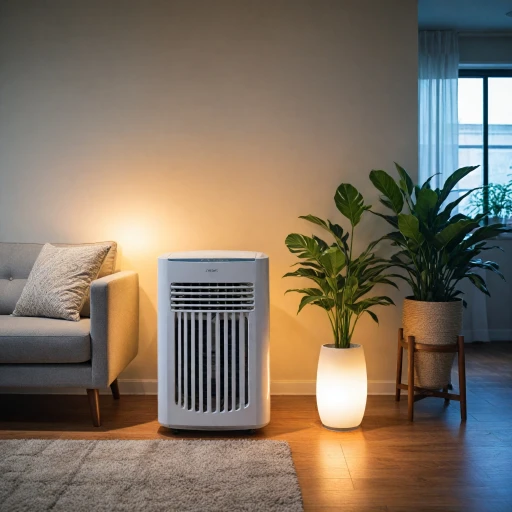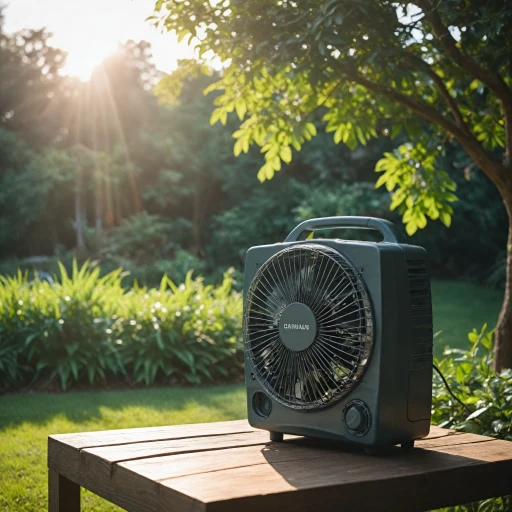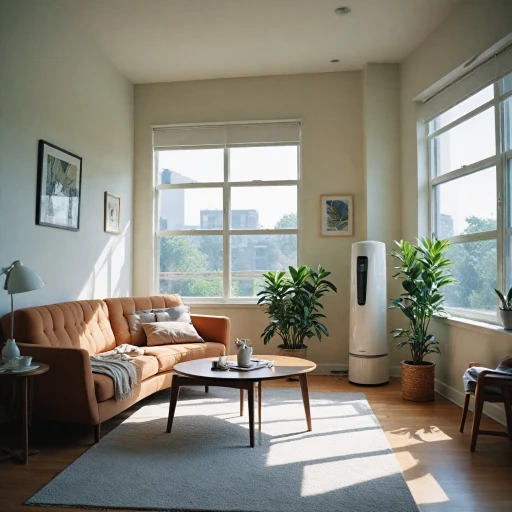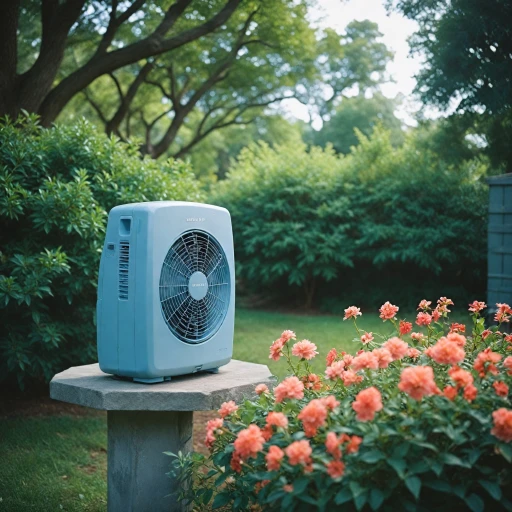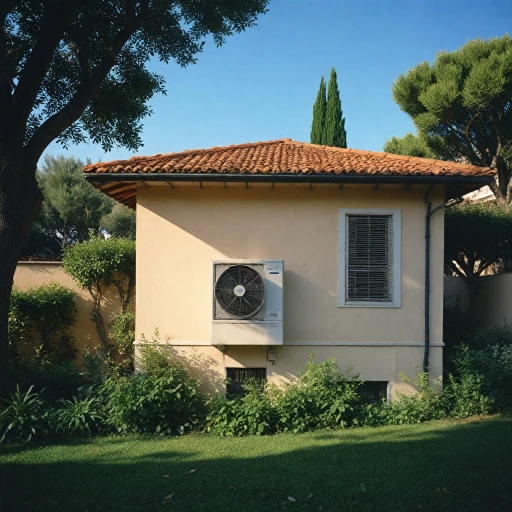
Understanding the Need for Cooling in Enclosed Trailers
Why Cooling Enclosed Trailers Matters
Enclosed trailers, including cargo trailers and car haulers, are essential for transporting goods, equipment, and vehicles efficiently across the United States. The environment inside these trailers can become unbearably hot, impacting the transport quality and even the integrity of sensitive items. Trailer owners need to understand the significance of cooling these spaces adequately. The heat buildup inside an enclosed trailer can lead to damage, particularly for those transporting temperature-sensitive materials or when the trailer is used for unique purposes like mobile workshops or temporary living spaces. With trailer installation, proper cooling safeguards against these risks, ensuring the contents remain in optimal condition throughout transit.Evaluating the Heat Load
To appreciate the need for cooling, consider the factors contributing to heat load inside an enclosed cargo trailer. Elements such as sun exposure due to length, width, and color (a white exterior may absorb less heat), and internal heat produced by electrical equipment all play a role. Whether you are customizing your trailer with specialized equipment for capturing footage on a car hauler or outfitting a cargo trailer with shelving for delivery items, calculating the heat load helps in choosing the right portable air conditioner.Temperature Control for Comfort and Safety
Temperature control isn't just about comfort. For trailers carrying pets, plants, or other live commodities, providing cooling isn't optional—it's a necessity. Similarly, for craftsmen using trailers as mobile workshops, maintaining a cool environment can boost productivity and morale. For those keen on exploring alternatives or seeking to understand the intricacies of ventless portable ACs, an insightful resource can guide your efforts towards achieving optimal ventilation without intricate installation setups. Understanding the necessity of integrating a portable air conditioner in your trailer with enclosed features not only enhances logistic capabilities but also extends the life of your trailer assets, maintaining their price and functionality over time.Choosing the Right Portable Air Conditioner for Your Trailer
Selecting the Ideal Cooling Unit
Finding the right portable air conditioner for your enclosed cargo trailer can significantly impact your comfort throughout long journeys, especially in high-temperature regions like the United States. The key to success lies in considering several factors that are specific to trailers. These include the unit's performance, size, and how it integrates with the trailer's design.
- Cooling Capacity and Size: When looking for a unit, it’s crucial to note the cooling capacity, typically measured in BTUs. The size of your trailer, whether it's a small car trailer or a larger enclosed cargo trailer, influences the number of BTUs needed. Higher BTU units like those suited for a car hauler, will offer more cooling power, but be mindful of your trailer's GVWR lbs.
- Dimensions and Space Considerations: Measure the dimensions of your trailer, including its width, length, and height. Also, consider the placement of the air conditioner near the doors—preferably a side door or rear door. This is not just for efficient cooling, but also because easier access can make filling up water tanks in some units more manageable.
- Budget and Cost: Portable air conditioners come in various price ranges. Weigh the appliance's benefits against your budget and long-term energy costs. Investigating different financing options might also be worthwhile.
- Ventilation Requirements: Choose a unit capable of efficient ventilation. Some models may require custom options to ensure optimal performance in an enclosed space. For units that don't need external venting, an understanding of ventless options can be beneficial—learn more about these ventless portable air conditioners.
Taking the time to thoroughly evaluate these aspects allows you to select a cooling solution that perfectly aligns with your trailer's needs, ensuring a comfortable, efficient, and enjoyable travel experience.
Installation Tips for Portable Air Conditioners in Trailers
Efficient Setup for Peak Performance
Setting up a portable air conditioner in your enclosed trailer, whether it’s a car hauler or a cargo configuration, requires careful planning and execution. With the right considerations, you can ensure that your unit delivers optimal performance and cooling comfort. Here are a few practical tips to get you started.
- Choose the Right Location: To maximize airflow, place the air conditioner near a side door or window, ensuring that its airflow is unobstructed. Positioning it near a rear door might work in some layouts, especially if you’re concerned about venting.
- Ensure Proper Venting: Most portable air conditioners need to vent warm air outside. Utilize window kits to perfectly fit the width of a trailer window or create a custom vent opening in the side of the trailer. This helps maintain a comfortable temperature inside, no matter the external climate.
- Secure the Unit: During transportation, it's crucial that the air conditioner is securely fastened. Many units come with mounting brackets or straps which can be affixed to the trailer’s interior, preventing movement and potential damage during transit. If you’re transporting significant weight, especially in trailers over 3500 lbs GVWR, always consider the added mass of the unit.
- Power Supply Considerations: Portable air conditioners require a reliable power source. Check your trailer’s electrical capabilities when operating the unit. For those with enclosed trailers, consider whether the unit's power draw aligns with your vehicle’s electrical system.
The conversation regarding venting might raise questions about water drainage of the portable units, an important aspect of installation. Understanding how portable heat pumps manage drains can enhance your installation strategy, especially if you’re dealing with enclosed car haulers.
Maximizing Efficiency and Performance
Enhancing Cooling Efficiency
Enhancing cooling efficiency in your enclosed trailer requires a blend of strategic positioning and mindful usage practices. Consider the following approaches to maximize the performance of your portable air conditioner:
- Positioning for Optimal Airflow: Install the unit near a power source and as close to a window or vent as possible. This setup facilitates easy access to external air, which provides a more effective cooling process. Keeping the air conditioner away from obstructions will allow the unit to deliver airflow evenly across the trailer length.
- Sealing with Precision: Ensure all gaps, especially around the side and rear doors, are effectively sealed. Air leaks can significantly reduce the cooling efficiency, so consider employing weather stripping or sealing tapes to fill any sides or small openings.
- Utilizing Reflective Materials: Usage of white or reflective coverings on the trailer's exterior can help to deflect sunlight and reduce heat absorption. The decrease in direct heat can ease the cooling burden on your unit, offering more consistent and energy-efficient performance.
- Setting Up in the Right Conditions: For those using trailers for delivery and hauling purposes, the trailer's contents (e.g., car or cargo) must be organized to allow sufficient airflow. An even distribution of items ensures that cool air circulates efficiently, preventing hot spots within the enclosed cargo area.
- Monitoring Temperature Settings: Regularly check and adjust the temperature settings on the air conditioner to match the trailer's climate needs. Avoid setting the unit to extremely low temperatures, as it could lead to condensation build-up and elevate energy usage without substantial comfort improvements.
- Routine Maintenance Practices: Keep filters and coils clean to maintain airflow and cooling efficiency. Refer to the maintenance and care section for detailed recommendations to help prolong the life of your air conditioning unit.
By adopting these practices, trailer owners in the United States seeking top efficiency can obtain both comfort and cost savings, ensuring that units perform optimally within their cargo trailers, trailer with enclosed space, or car hauler setups.
Common Challenges and Solutions
Addressing Common Issues with Portable Air Conditioners in Trailers
Using portable air conditioners in enclosed trailers can present some challenges, but understanding these issues can help you find effective solutions. Here are some common problems and how to tackle them:
- Limited Space: Enclosed trailers often have limited space, making it difficult to fit a portable air conditioner. Consider the unit's dimensions and ensure it fits within the trailer's width and length. Custom options might be necessary for trailers with unique layouts.
- Power Supply: Ensuring a reliable power source is crucial. Check the power requirements of the air conditioner unit and ensure your trailer's electrical system can handle it. Some units may require additional power support, especially if the trailer is used for delivery or as a car hauler.
- Ventilation: Proper ventilation is essential for efficient cooling. Ensure the air conditioner has a clear path for exhaust. This might involve modifications to the trailer's side door or rear door to accommodate vent hoses.
- Temperature Fluctuations: Trailers can experience significant temperature changes. Insulating the trailer can help maintain a consistent temperature, reducing the load on the air conditioner and improving efficiency.
- Noise Levels: Portable air conditioners can be noisy, which might be disruptive, especially in enclosed cargo trailers. Opt for units known for quieter operation, and consider additional soundproofing measures if necessary.
By addressing these challenges, you can enhance the performance and longevity of your portable air conditioner, ensuring a comfortable environment in your enclosed trailer.
Maintenance and Care for Longevity
Keeping Your Air Conditioner in Optimal Condition
Maintaining your portable air conditioner properly can significantly enhance its lifespan, whether utilized in an enclosed trailer or a car hauler. Regular upkeep is crucial in preventing frequent breakdowns and ensuring optimal performance. Here are some practical guidelines to help manage maintenance effectively while catering to custom options your trailers may offer.- Filter Cleaning: Regularly check and clean the filters of your unit to ensure proper airflow and cooling efficiency. For trailers enclosed, clogged filters can hinder performance, leading to higher energy consumption and reduced efficiency. Depending on the usage and environment, filters should be cleaned every two weeks to a month.
- Condenser Coil Care: Ensure that the condenser coils are free from dust and debris. This maintains efficient heat exchange processes and reduces strain on the unit. The difference in length and width of the enclosed cargo areas can influence how dust accumulates, so check the coils periodically.
- Inspect for Leaks: Regularly inspect for any signs of refrigerant leaks. An ill-maintained air conditioner could struggle to cool effectively if there's a leak, impacting delivery schedules for cargo trailers that rely on temperature control. Keep an eye on unit pressure and engage a professional if the pressure seems unusual.
- Proper Storage: If you are not using the portable air conditioner year-round, particularly in the United States where seasonal use varies, store it in a dry, enclosed area. Avoid placing heavy items on top of it to minimize damage, especially within limited space due to trailer with filled cargo.
- Duct and Hose Maintenance: Ensure the exhaust hoses and air ducts are secure and free from obstructions. A kinked or blocked hose can severely affect efficiency and increase energy usage. Once fitted in trailers enclosed configurations, periodically adjust them to avoid passive damage during transit.
- Professional Servicing: Consider an annual professional service to address wear and tear or components that may not be visible to the untrained eye. This proactive approach can help avoid expensive repairs down the line, making it a wise step for conservation properties, including trailers cargo setups.

